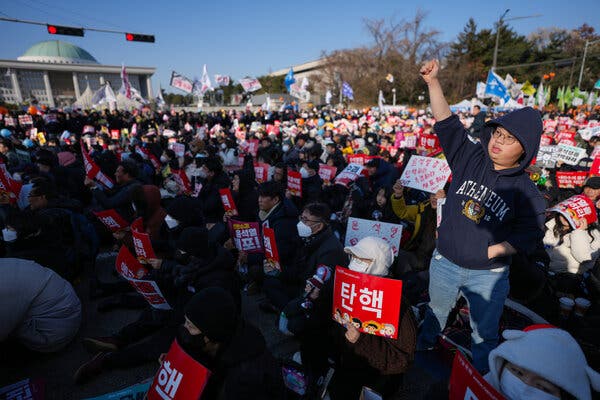Falling prices, weak consumer spending and a housing market crash help to explain why the Chinese government is taking steps to stimulate the economy.

The Chinese economy continued to grow at a lackluster pace over the summer, according to data released on Friday, underscoring the urgency of the government’s recent attempts to bolster the economy.
Construction has slowed because of a housing market meltdown. Millions of young college graduates have been unable to find work. Many local governments have run out of money to build roads or even pay the salaries of teachers and other workers.
Looming over it all are falling prices across the Chinese economy, from apartments to cars to restaurant meals. Broadly falling prices, a phenomenon called deflation, make it hard for companies and families to earn enough to pay their mortgages and other debts.
China’s economy grew 0.9 percent in July through September over the previous three months, China’s National Bureau of Statistics said. When projected out for the entire year, the economy grew at an annual rate of about 3.6 percent in the third quarter.
The growth in part reflected an official revision on Friday to show that the second quarter was even weaker than previously acknowledged. Growth between April and July was at an annual pace of 2 percent, and not the previously reported pace of 2.8 percent.
Beijing has announced a series of measures since Sept. 24 to address the lingering troubles that became clear in the numbers released on Friday. The central bank has cut interest rates and minimum down payments for mortgages. The finance ministry promised the sale of more bonds to raise money for local governments to pay municipal salaries and buy vacant apartments for conversion into affordable housing.



